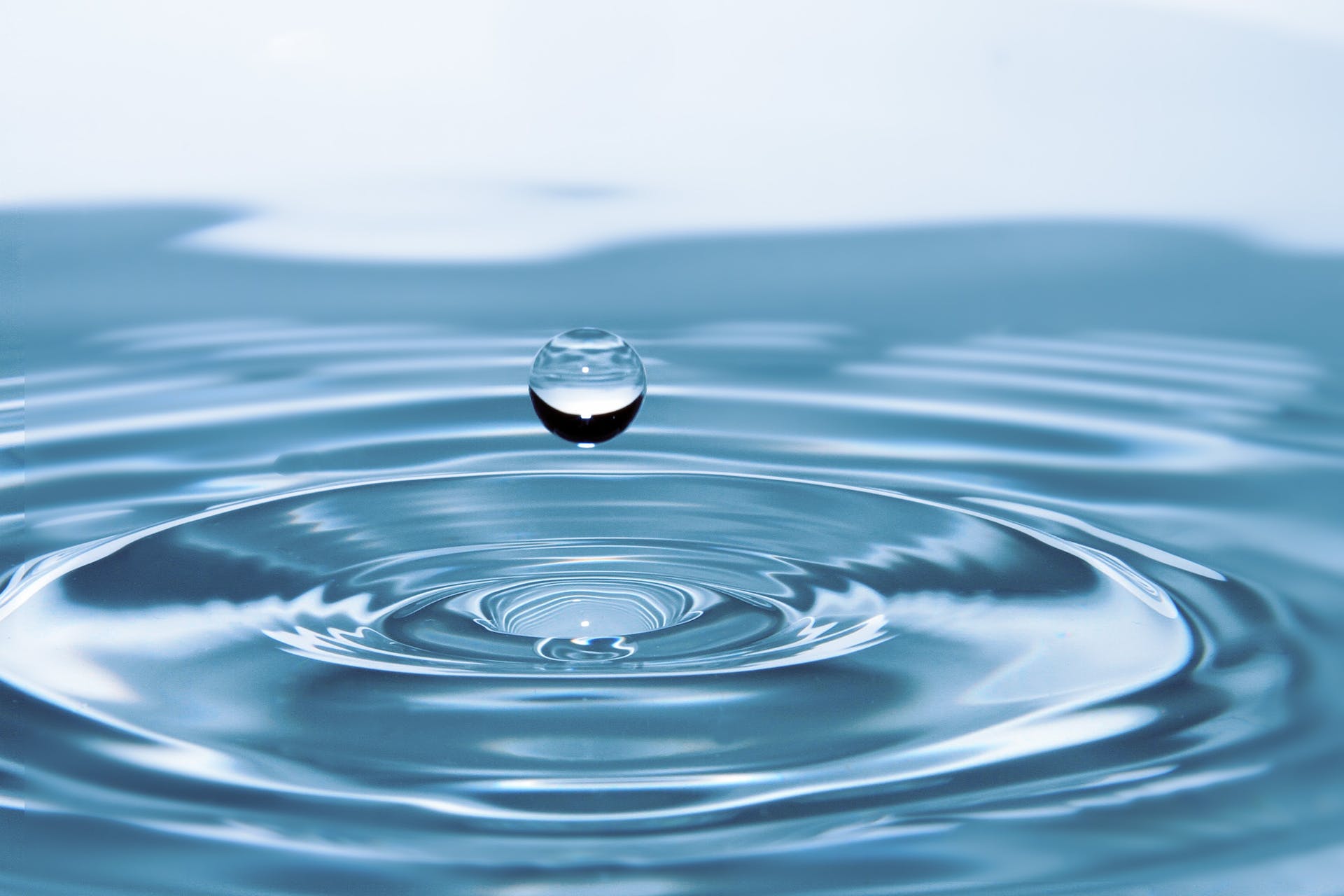In the realm of health and wellness, the importance of hydration cannot be overstated. Water, the elixir of life, plays a crucial role in maintaining various bodily functions. One intriguing question that often arises is whether increasing water intake can lead to a reduction in creatinine levels. Let's dive into the topic and explore the relationship between hydration and creatinine.
Understanding Creatinine Levels
Creatinine Basics: Creatinine is a waste product produced by the muscles during the breakdown of creatine, an essential compound for energy production. The kidneys filter creatinine from the blood, and it is excreted through urine. Elevated creatinine levels may indicate impaired kidney function.
The Hydration Connection
Water and Kidney Function: The kidneys play a pivotal role in maintaining a balance of fluids in the body. When adequately hydrated, the kidneys function optimally, ensuring efficient filtration of waste products, including creatinine. Dehydration, on the other hand, can lead to concentrated urine and a higher concentration of creatinine.
Does More Water Equal Lower Creatinine?
The Role of Hydration: Increasing water intake can indeed have a positive impact on creatinine levels. Adequate hydration helps to dilute the concentration of creatinine in the blood and facilitates its excretion through urine. This is particularly relevant for individuals with mild dehydration or those at risk of kidney issues.
Individual Variations: It's important to note that the response to increased water intake can vary from person to person. Factors such as age, weight, and overall health play a role in how the body processes and eliminates creatinine. While hydration is generally beneficial, it may not be a cure-all for everyone.
Tips for Staying Hydrated
1. Listen to Your Body: Pay attention to your body's signals for thirst. If you feel thirsty, it's a clear sign that you need to replenish your fluid levels.
2. Establish a Routine: Create a habit of drinking water throughout the day. Carry a reusable water bottle to make it easy to stay hydrated, whether you're at work, exercising, or simply relaxing at home.
3. Monitor Urine Color: The color of your urine can be a simple indicator of hydration levels. Light yellow or pale straw color is generally a good sign, while dark yellow may suggest dehydration.
4. Consider Dietary Sources: In addition to water, certain fruits and vegetables have high water content and can contribute to your overall hydration. Cucumbers, watermelon, and oranges are excellent choices.
When to Seek Professional Advice
While increased water intake can be a beneficial strategy for maintaining kidney health and managing creatinine levels, it's essential to consult with a healthcare professional for personalized advice. Persistent or severe elevations in creatinine may be indicative of underlying health issues that require professional attention.
In conclusion, the relationship between water intake and creatinine levels is a nuanced one. Staying adequately hydrated can contribute to optimal kidney function and aid in the management of creatinine levels. However, it's crucial to approach this as part of a holistic health strategy, including a balanced diet and regular exercise. Remember, the key to a healthy lifestyle is often found in simple yet impactful habits, and staying hydrated is undoubtedly one of them.


